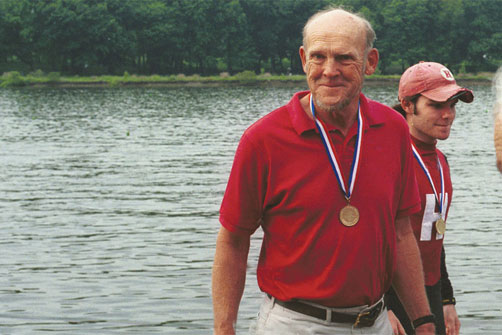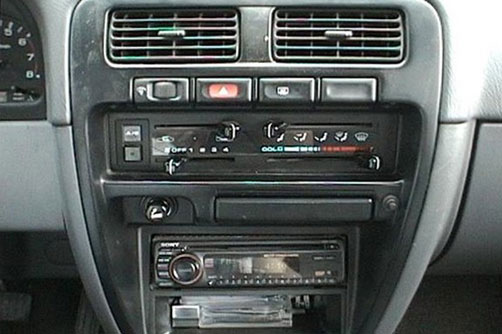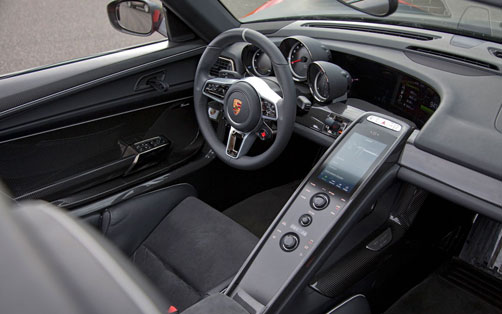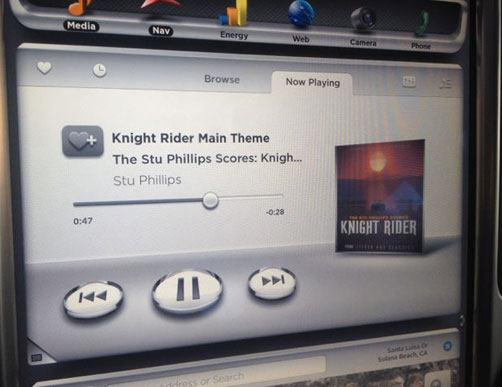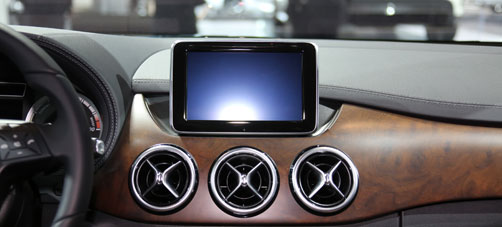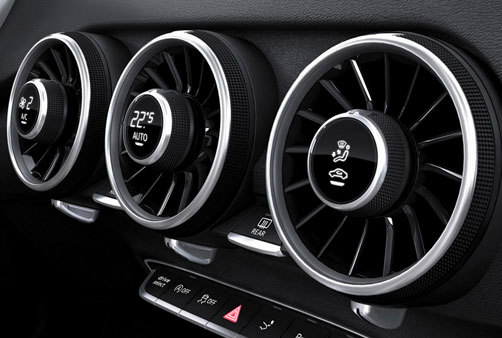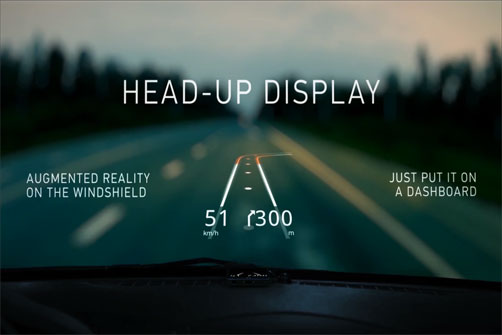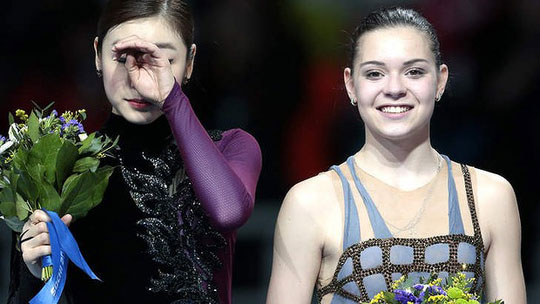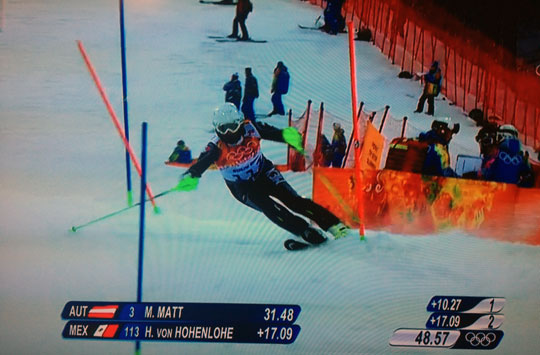10 Nov 3 startup pitch lessons (disguised as 3 lessons for a new startup investor)
One month of wading into the exciting world of startup investing, and I have been pummelled with lessons of the pitch and the grokking that an early stage investor must do. I can’t stop but accumulate a list of lessons learned. What are lessons for investors, in fact, are lessons on how to make a pitch great.
Early stage startups are risky. Investing in them leads to growth or, more likely, zero. The signals are incomplete. The value proposition is likely still not verified. Early stage investors still aim to codify their due diligence, and there is no universal or right or best way to do this.
The challenge is to measure internally the risk of the company. Once the investor finds a company behind a threshold of interestingness, either he gauges it as too risky or comfortable, or, so often, unable to be discerned. What’s most intriguing, I’ve found, is how to get from “unable to discern” into a investment decision — yes or no.
1) Pitch transparency of risk. I’ve been guilty when pitching investors, from the other side of the table, as an entrepreneur, to make the opportunity seem big and certain. She can speak on the strengths, and dance around the weaknesses (ideally as nondefensively as possible) when probed. But the investor is inherently skeptical. Of course there are massive risks. What are the biggest ones? What is the outcome if they come to fruition; have you proven there are alternatives to your playbook? Or how are you even thinking about this? If an entrepreneur can build a transparency around the risks, preemptively, and explain what they don’t know and how they are constantly thinking about it, it in fact comes off as more confident and lets the investor measure more accurately that risk factor in their head.
2) Memorable something. I’ve joined some larger pitch events, which are not interactive on the fly. Sometimes, you leave with one memorable bit that you can’t help but want to tell someone or your partner later that day: a problem that seems so viscerally important and here’s this neat little solution, impressive traction (from launch to $1M ARR in less than a year), daily engagement of the app, even high NPS. It is up to you to decide what you want that to be (or rather instead of other the investor guessing, fumbling, and forgetting). And you want to repeat it at least 2–3 times.
3) Blend of the past and the future. The great, confident founders can legitimately say that the current product makes them feel embarrassed. They already have a beloved product used by millions or paid for by the thousands. Another founder may emphasize what they’ve done to date: substantial growth that will continue. Still, that’s not enough. A less confident founder may talk endlessly about the things coming down the pipe — a hire, funding close, upcoming product launch, or feature release that will be the supposed panacea. Yes, that’s lacking too. But when the founder strikes a balance between what has brought you to this point, and also what drives you to soldier forward, it is tremendously powerful. On one side, what is your success to date; on the other, why are you doing this, and how can this continue to drive the team forward. Even if that vision is so stupendous or lofty, it’s a signal of passion.
I have about 15–20 more lessons to continue this post another day. Stay tuned!





